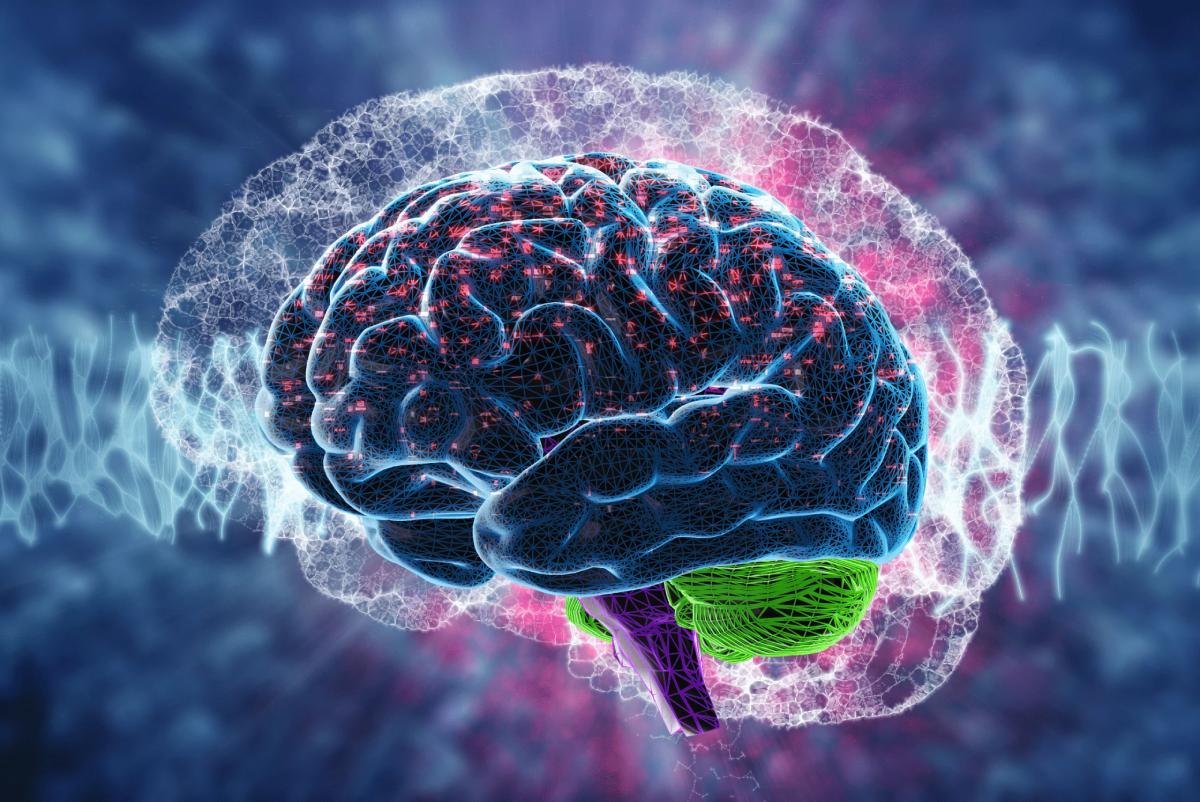
Brain fog is one of the most misunderstood symptoms of COVID-19. What started as a symptom never associated with the disease has become the standard, especially for individuals suffering from long-COVID. These are individuals who continue to experience COVID-like symptoms weeks and months after their initial infection.
“Of long-COVID’s many possible symptoms, brain fog is by far one of the most disabling and destructive,” Emma Ladds, a primary-care specialist from the University of Oxford, told The Atlantic.
Moreover, one study found that 88% of COVID patients experience cognitive dysfunction or memory issues regardless of their age group. And for those who do experience long-COVID, brain fog was the second most reported symptom next to fatigue.
The term brain fog is more commonly associated with cognitive impairment. It is a more consequential symptom compared to how people, and many medical professionals, describe it simply as clouded thinking or a mood disorder.
“If anyone is saying that this is due to depression and anxiety, they have no basis for that, and data suggest it might be the other direction,” Dr. Joanna Hellmuth, a neurologist at the University of California San Francisco, also told The Atlantic.
So what exactly is brain fog? And how is it associated with COVID-19?
What is COVID brain fog?
To put it simply, it is a phenomenon where one constantly feels sluggish and loses focus almost immediately. A simple task such as reading can become a very overwhelming experience.
The exact reason why someone gets brain fog during or after a COVID infection has yet to be uncovered. However, scientists believe brain fog may happen due to structural changes in the brain. Brain fog can also arise from common issues such as lack of sleep, taking medications, or even pregnancy.
Symptoms of brain fog include:
- Lack of focus and concentration
- Shorter attention span
- Poor memory
- Mental fatigue
- Fatigue or lethargy
- Cloudiness in judgment
- Recurring loss of focus
In COVID-related brain fog, the cognitive issues eventually get better for some. Others report suffering seemingly never-ending cloudy thinking. Medical experts have yet to determine how long symptoms last on average. This has so affected the daily lives of people that some can no longer go back to their normal lives.
“There are some people who are able to carry on with their jobs and their regular lives, but they may need to take more frequent breaks between tasks,” Dr.Jacqueline Becker, a clinical neuropsychologist at Mount Sinai Hospital in New York, told the New York Times.
She added that other people are “completely disabled” and cannot return to their regular activities.
How is brain fog diagnosed?
Since brain fog isn’t an official clinical diagnosis, proper tests for it are still unavailable. And because it is associated with cognitive impairment, doctors use tests to measure executive function similar to patients with dementia or the Montreal Cognitive Assessment.

Doctors also perform different blood tests to measure an individual’s vitamin B levels or other hormone or thyroid issues. These tests will also help rule out other possible diagnoses such as stroke or sleep problems.
Another ongoing problem doctors have noticed is that individuals with brain fog know how to hide it.
“They’ll do what is asked of them when you’re testing them, and your results will say they were normal,” David Putrino, leader of a long-COVID rehabilitation clinic at Mount Sinai, told The Atlantic. “It’s only if you check in on them two days later that you’ll see you’ve wrecked them for a week.”
What can you do to minimize the effects of brain fog?
Medical professionals are studying the symptoms of long-COVID in the hopes of finding a cure. Solutions being considered are not only limited to medications but also programs to rehabilitate the brain.
Dr. Michelle Monje, a neuro-oncologist at Stanford, told The Atlantic that some patients felt relief through medications to treat A.D.H.D. and other attention issues. In fact, clinical trials for medications to help with chemotherapy-related cognitive impairments might also provide new treatments in the future.
While brain fog has been known to improve for some, COVID long-haulers who struggle with their daily lives need a solution now. One of the best ways to manage its effects apart from medication is through cognitive rehabilitation. This is a form of stimulation for the brain typically performed by a neuropsychologist to help one improve concentration and memory.
There are also other ways you can manage brain fog without the help of drugs and medical professionals. Here are other ways you can manage its symptoms:
- Make a schedule and set reminders around your home
- Take breaks when performing complex tasks
- Eat a balanced diet
- Get enough sleep
- Perform physical and mental exercises to increase blood flow in the brain
- Stay connected with friends and family
- Take Vitamin D supplements
- Lower stress levels
Final thoughts
COVID restrictions around the world are easing, giving the impression that COVID-19 is no longer a serious threat. We still don’t know enough about the long term effects of the virus, so it’s too soon to let our guard down. While most people who suffer COVID-19 recover after a few weeks, the battle is far from over for many others.
As medical professionals keep warning, COVID-19 can cause long-term health harms. In fact, a study published in The Lancet Respiratory Medicine journal found that nearly half of the people who were hospitalized with COVID-19 in Wuhan, China reported long-COVID symptoms two years later.
“If we don’t stop this, if it’s continuous the way it is, the majority of the population at some point will develop long COVID symptoms,” said Mikhail Kogan, director of the George Washington University Center for Integrative Medicine in an interview with U.S. News.
One of the most common effects of long-COVID is brain fog. Although its symptoms may wane over time, it can potentially cause irreversible damage. For now, the best thing anyone can do is prevent it from happening in the first place – or from worsening due to multiple infections.
Regular testing for COVID-19 can make a big difference, personally and for society as a whole. There are many options available for anyone who wishes to get tested. Aside from drive-thru and in-person lab tests, you can now get a COVID test in the comfort of your home. What’s more, if you’re in the NYC area, you can also have it delivered via UBER.







